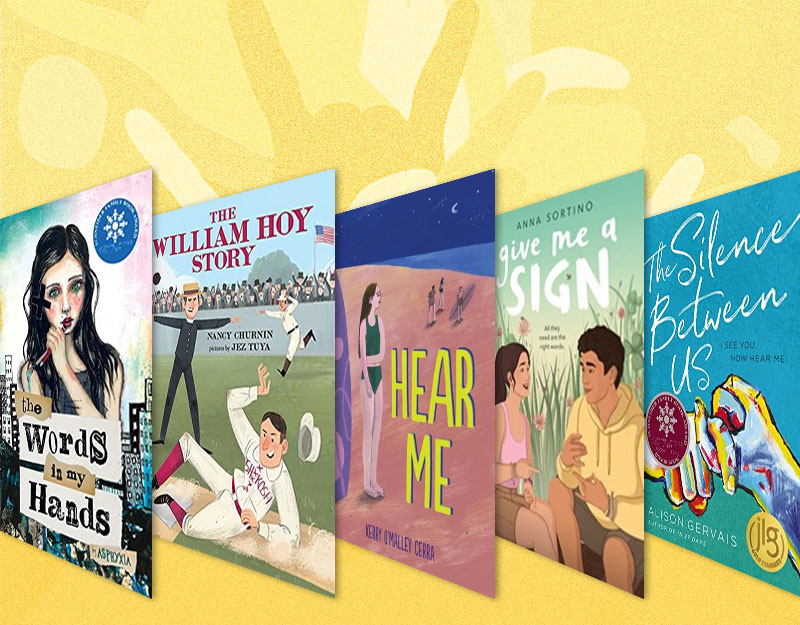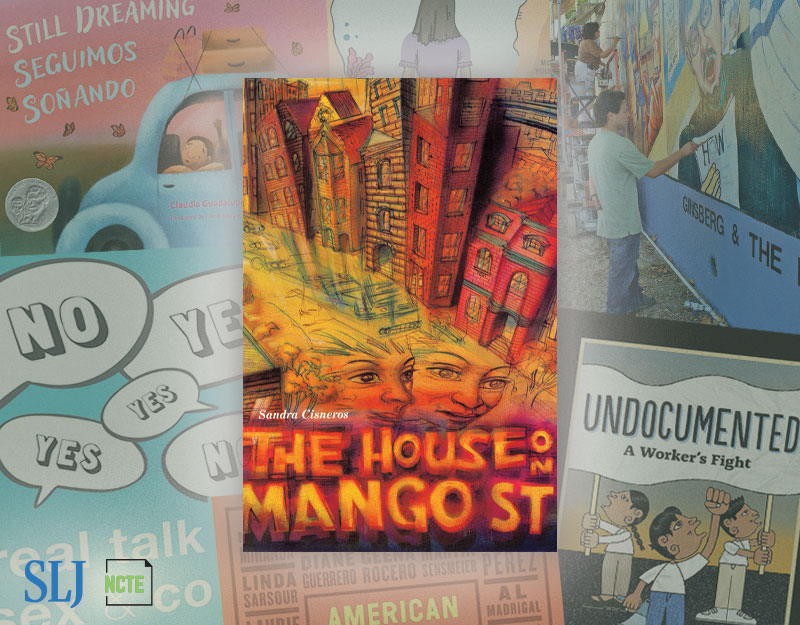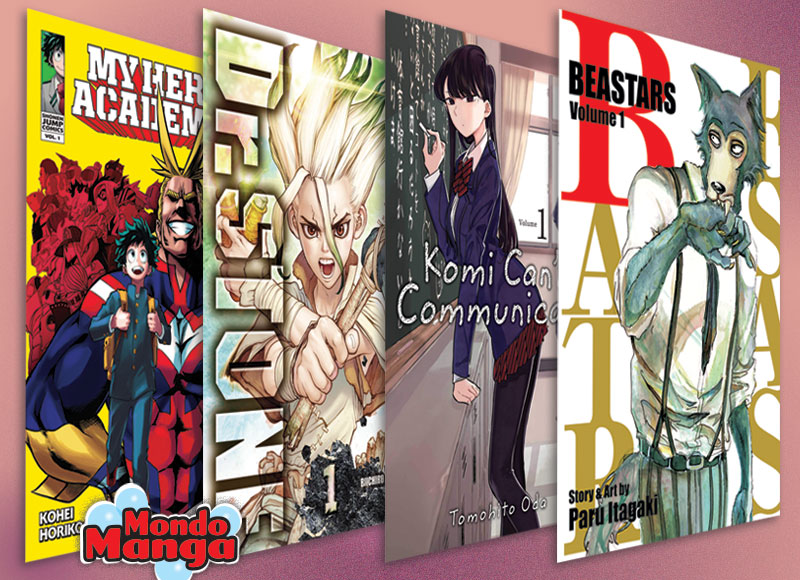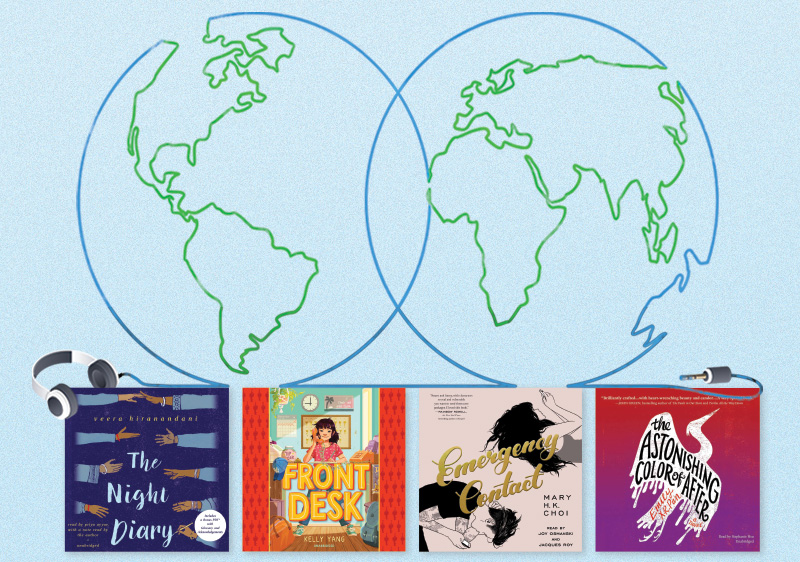Write What You Know. Read What You Don’t, a guest post by Lauren Thoman
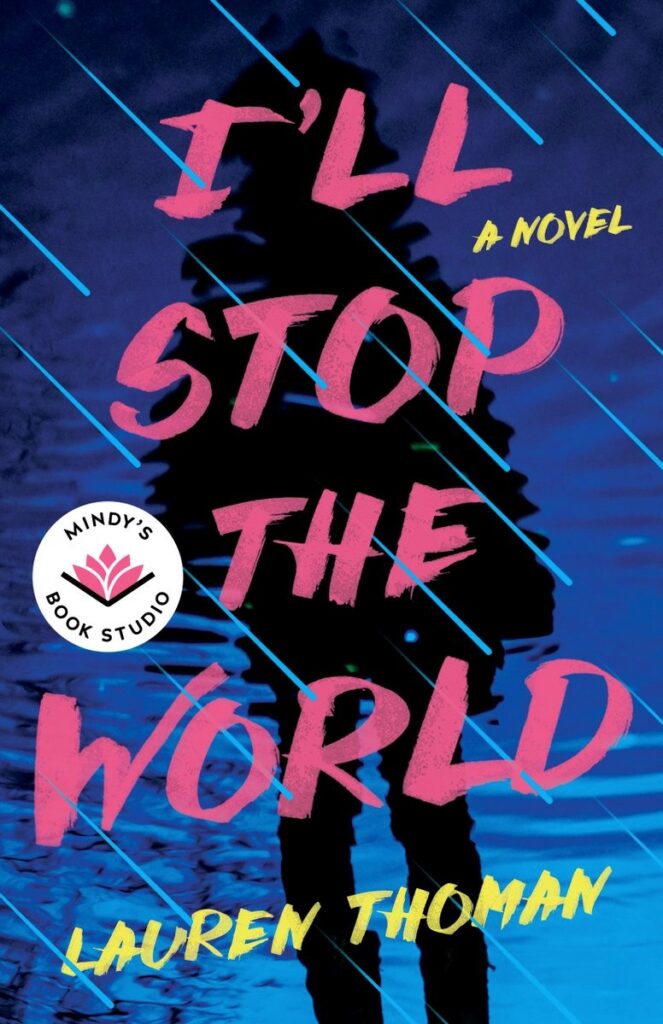
I was in my thirties when it first occurred to me to intentionally diversify my reading.
Throughout my life, I’ve been drawn to all sorts of books. In elementary school, it was The Boxcar Children and The Chronicles of Narnia. In middle school, Sweet Valley Twins and The Baby-Sitters Club. Moving into high school, I devoured books by Michael Crichton and Stephen King, Maeve Binchy and John Grisham, and a whole bookshelf full of Star Trek: The Next Generation novelizations. In college, I fell in love with Robin Hobb and Harry Potter. And after my kids were born–in a sequence that feels a bit backwards today, but made total sense for a reader who came of age in the ’90s–I fell fast and hard for Twilight and The Hunger Games, which transported me back to the emotional tumult of my teen years.
For most of that time, I would’ve said I read diversely. After all, I read literary fiction, historical fiction, high fantasy, sci-fi, thrillers, women’s fiction…
That’s diverse. Right?
There’s a reason that, when I sat down to write I’ll Stop the World, I had absolutely no problem slipping into the voice of Justin, my time traveling protagonist. Of course, I didn’t share most of his identities–he’s a white male teenager, whereas I’m a mixed race Chinese American adult woman–but I wasn’t concerned. Justin emerged from my brain fully formed and ready to fight me anytime I tried to make him do anything he didn’t want to do (and believe me, I tried).
ADVERTISEMENT
ADVERTISEMENT
It’s not surprising that writing him came so naturally to me. After all, in a way, I’ve been researching Justin’s perspective my whole life. Every time I sat down to read a book about a white male main character, I was doing my research. Every time I watched a movie or TV show centered around a white male perspective, I was learning to empathize with Justin’s point of view. I didn’t realize it at the time, but when nearly every piece of media you consume is written by and centered around people that all fall within one narrow demographic, it’s only natural that my brain oriented itself to center that demographic in my own writing–even though it wasn’t my own experience.
There’s an old adage that’s highly contentious among writers: “Write what you know.” Commonly attributed to Mark Twain, this advice can feel a little stifling. After all, all I know is my own experience, right? Does that mean the only thing I’m qualified to write is the experience of mixed race Chinese American girls and women living in middle class suburban America? I certainly hope not, because I have never met even one dragon or developed a single superpower in my lifetime, despite years of trying. Yet that’s what I want to write.
And that’s the reason for the pushback against this common “wisdom.” If you’re writing fiction of any sort, then by definition you need to write about things you have not lived through, because if you were only writing your own life experience, you’d be writing a memoir. So it’s actually impossible to only write what you know. Isn’t it?
Obviously, when taken at face value, “write what you know” feels reductive and absurd, discounting the entirety of human imagination and creativity. But there’s a reason I felt wholly prepared to write Justin, my ADHD whirlwind of charisma and bad decisions, despite my own teenage experience being one of tremendous shyness, insecurity, and overthinking.
I’d never lived his experience. But I knew him. I knew him in all of the white teenage male characters I’d ever followed through stories, written by white male writers who remembered what it was like to live in their bodies. I knew him in the faces of the ADHD people living in my house (along with my own ADHD tendencies, which we believe stem from anxiety, but the brain is a wonky and complex mirror maze and sometimes it’s hard to tell the destination from the beginning). I knew him in the way our society is structured, in the voices that have always been given a microphone, in the doors that stay open for some and slam shut for others.
I knew him. But there was a time when I couldn’t have said that about many of the other characters who made it into the finished version of I’ll Stop the World. If I’d written this book ten years ago, it would’ve been a cringe-worthy treatise on what not to do when writing a diverse ensemble cast, because I just had not put in the work. And that would’ve been entirely on me. You don’t have to live in Sheboygan to write about Sheboygan, but don’t be surprised if the locals can tell that you’ve never set foot in Wisconsin.
That said, I didn’t set out to diversify my reading for the purpose of writing diverse characters. Truthfully, I suspect that would’ve been a great way to do both things poorly. I wish I could tell you what the impetus for it actually was, but I don’t remember. All I know is that one day, I took a look at the books I was reading, and had always read, and realized that I was leaving a vast amount of human experience unexplored. Although I had never intended it, the authors on my shelves were overwhelmingly white, cis, straight, and male. There were a few women in there, but practically no women of color, or people of color in general. No religious minorities. Very few LGBTQ+ authors. Very few non-American perspectives. When marginalized characters appeared in the stories I read, they were… well, marginalized.
The first book I remember intentionally picking up, not despite the fact that it was outside my typical reading lane, but because of it, was Just Mercy by Bryan Stevenson. His excellent book is a deeply moving nonfiction recounting of Stevenson’s experience as an attorney advocating for clients on death row, many of whom were innocent of the crimes they were convicted of. I think a lot of people’s journeys into more intentionally diverse reading begin there, and if you’re looking for a place to start, that’s as good an initiation as any.
After that, I moved on to whatever caught my eye, while working to be intentional about prioritizing books by BIPOC authors and women. I read across a variety of genres, with about half of my selections being nonfiction: memoirs by drug addicts and cult survivors, immigrants and celebrities; scientific deep dives and razor-sharp cultural commentaries; tense exposés that read like thrillers; true crime page-turners; and impeccably researched historical narratives. In fiction, I sought out non-American authors, LGBTQ+ authors, neurodiverse authors, Black and Asian and Indiginous and Latinx authors, and ventured into genres with which I didn’t have much familiarity. I followed activists and scholars on social media, read articles by academics and historians, and tried to pay attention to any discussion I came across that centered around marginalized communities, both in terms of representation in media and the real-world issues affecting those communities today.
And a marvelous and somewhat terrifying thing happened. In expanding my perspective to learn as much new information as I could, to listen to as many voices as I could, I became more aware than ever of how much I didn’t know.
I’d always fancied myself a curious and thoughtful person, but I never noticed how small my world was. I was safe and secure in my cozy chamber of sameness, with its soft yet dull walls that cast no reflection. I didn’t mind; that was all I knew. Once I ventured outside my little bubble, my whole world got bigger. And suddenly, it was glaringly obvious just how little of it I understood.
I never sought out an echo chamber, but it turns out that when you don’t go looking for any other voices, yours winds up being the only one you hear.
By limiting the voices I listened to, I was limiting my own understanding of how people move through this world, how privilege and societal structures shape our perceptions, how identity is both informed by and also informs the way we are seen and heard and assigned value. And in doing so, I was stifling my own voice and dulling my own edges in my attempts to fit into a “default” that was never meant for me.
At this point, it’s been years since I started this journey, and I don’t think there’s a single part of me that has remained untouched by it. Listening to other people’s voices and perspectives and imaginations and experiences has shaped me into a different person than I was before. I think differently now. I see and hear differently. I move through the world differently. I create differently.
Of course, I would still never claim I knowwhat it’s like to move through the world as a Black boy, as a queer girl, as a step-parent, as an elderly widow, even though all of these perspectives exist within my book. I don’t think we can ever truly know someone else’s experience. No matter how big or small our world, we can still only ever be us, and there will only ever be one of each of us.
But if we are going to write the world as it is, then it’s important to first figure out how and where we fit into that world, accept just how limited our own perspective is–and then do the work to expand it, as much as such a thing is possible. We can’t know what it’s like to walk around in another person’s body, but we can listen to them explain it. We can’t feel someone else’s pain, but we can pay attention when they tell us what hurts them. We can listen, and we can believe what we hear, even if it’s different from what we thought or hoped they would say. And in being honest with ourselves about just how much we don’t know, we open ourselves up to learning more than we ever could have before.
Meet the author
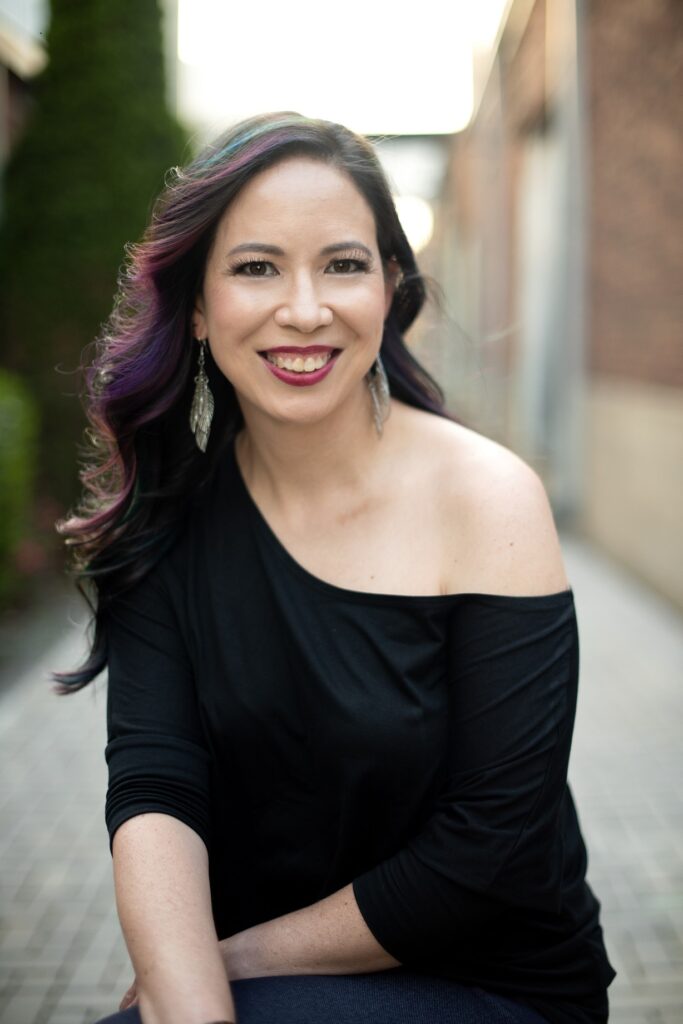
Born and raised in the suburbs of Philadelphia, PA, Lauren Thoman studied music education, though soon realized that the life of a band director was not for her. Her passion for pop culture and watching and analyzing movies and TV shows led her to become a frequent contributor to a number of prominent online pop culture outlets, such as Parade, Vulture, PopSugar, Looper, and Collider.
Her debut novel, I’LL STOP THE WORLD, will be published by Mindy Kaling under her eponymous imprint with Amazon Publishing, Mindy’s Book Studio, on April 1, 2023. She lives outside of Nashville, Tennessee with her family.
Website: www.laurenthomanwrites.com
Twitter: @LaurenThoman
Facebook: @LaurenThomanWriter
Instagram: @laurenthomanwrites
About I’ll Stop the World
ADVERTISEMENT
ADVERTISEMENT
“Lauren Thoman’s I’ll Stop the World is a whip-smart mystery with a vibrant cast of characters that gives off great eighties vibes. I was absolutely dazzled by this unputdownable genre-bending novel that’s equal parts coming-of-age suspense and emotional tale of forgiveness and second chances.” —Mindy Kaling
The end and the beginning become one in a heart-pounding coming-of-age mystery about the power of friendship, fate, and inexplicable second chances.
Is it the right place at the wrong time? Or the wrong place at the right time?
Trapped in a dead-end town, Justin Warren has had his life defined by the suspicious deaths of his grandparents. The unsolved crime happened long before Justin was born, but the ripple effects are still felt after thirty-eight years. Justin always knew he wouldn’t have much of a future. He just never imagined that his life might take him backward.
In a cosmic twist of fate, Justin’s choices send him crashing into the path of determined optimist Rose Yin. Justin and Rose live in the same town and attend the same school, but have never met—because Rose lives in 1985. Justin won’t be born for another twenty years. And his grandparents are still alive—for now.
In a series of events that reverberate through multiple lifetimes, Justin and Rose have a week to get Justin unstuck in time and put each of them in control of their futures—by solving a murder that hasn’t even happened yet.
ISBN-13: 9781662509964
Publisher: Amazon Publishing
Publication date: 04/01/2023
Filed under: Guest Post
About Amanda MacGregor
Amanda MacGregor works in an elementary library, loves dogs, and can be found on Twitter @CiteSomething.
ADVERTISEMENT
ADVERTISEMENT
SLJ Blog Network
2024 Books from Pura Belpré Winners
In Memorium: The Great Étienne Delessert Passes Away
Winnie-The-Pooh | Review
Parsing Religion in Public Schools
ADVERTISEMENT



